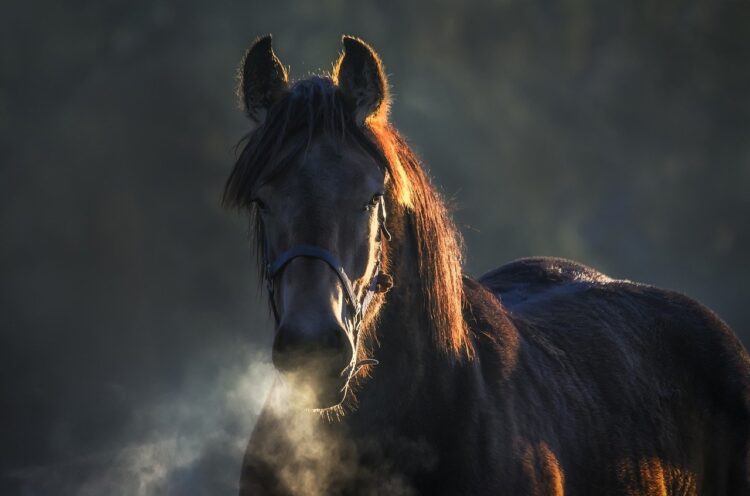The Michigan Department of Health and Human Services (MDHHS) encourages local officials in counties affected by Eastern Equine Encephalitis (EEE) to consider postponing, rescheduling or cancelling outdoor activities occurring at or after dusk, particularly activities that involve children.
This would include events such as late evening sports practices or games. The MDHHS recommendation is being made out of an abundance of caution to protect the public health, and applies until the first hard frost of the year.
As of Sept. 10, EEE has been confirmed in 19 horses in nine counties in Michigan – Barry, Clare, Isabella, Jackson, Kent, Mecosta, Montcalm, Newaygo and Oakland. Additional animal cases are under investigation. This is twice as many animal cases as the same time last year. To date, no human cases have been identified. There is an EEE vaccine available for horses, but not for people.
In 2019, there were 10 human cases of EEE in Michigan, which is equal to the total number of cases in the previous 10 years combined. Last year, Michigan accounted for 25 percent of the EEE cases nationally. It is unknown exactly why some years are more severe than others, although weather, including temperature and rainfall, are thought to play a role.
“As animal cases continue to grow, the risks to people increase as well,” said Dr. Joneigh Khaldun, MDHHS chief medical executive and chief deputy for health. “People get EEE the same way horses do – from the bite of an infected mosquito – so a case in a horse means people in that area are also at risk. Limiting exposure at outdoor activities, especially near dusk when mosquitoes are most active, is the best way to keep you and your family safe from this deadly disease.”
EEE is one of the most dangerous mosquito-borne diseases in the United States, with a 33 percent fatality rate in people who become ill. Persons younger than age 15 and over age 50 are at greatest risk of severe disease following infection.
Signs of EEE infection include the sudden onset of fever, chills, body and joint aches, which can progress to a severe encephalitis, resulting in headache, disorientation, tremors, seizures and paralysis. Anyone who thinks they may be experiencing these symptoms should contact a medical provider. Permanent brain damage, coma and death may also occur in some cases.
Residents must continue to protect themselves from mosquito bites by:
Avoiding being outdoors from dusk to dawn when mosquitoes that carry the EEE virus are most active.
Applying insect repellents that contain the active ingredient DEET, or other U.S. Environmental Protection Agency-approved product to exposed skin or clothing, and always follow the manufacturer’s directions for use.
Wearing long-sleeved shirts and long pants when outdoors. Apply insect repellent to clothing to help prevent bites.
Maintaining window and door screening to help keep mosquitoes outside.
Emptying water from mosquito breeding sites around the home, such as buckets, unused kiddie pools, old tires, or similar sites where mosquitoes may lay eggs.
Using nets and/or fans over outdoor eating areas.
For more information about EEE, visit Michigan.gov/EEE. You can also call the MDHHS hotline, which will now take calls for general questions about both COVID-19 and EEE, at 888-535-6136. The hotline is open from 8 a.m. to 5 p.m., Monday through Friday.








